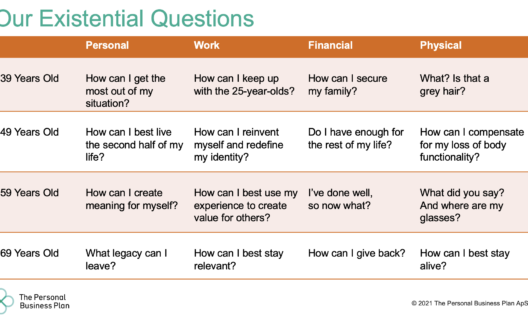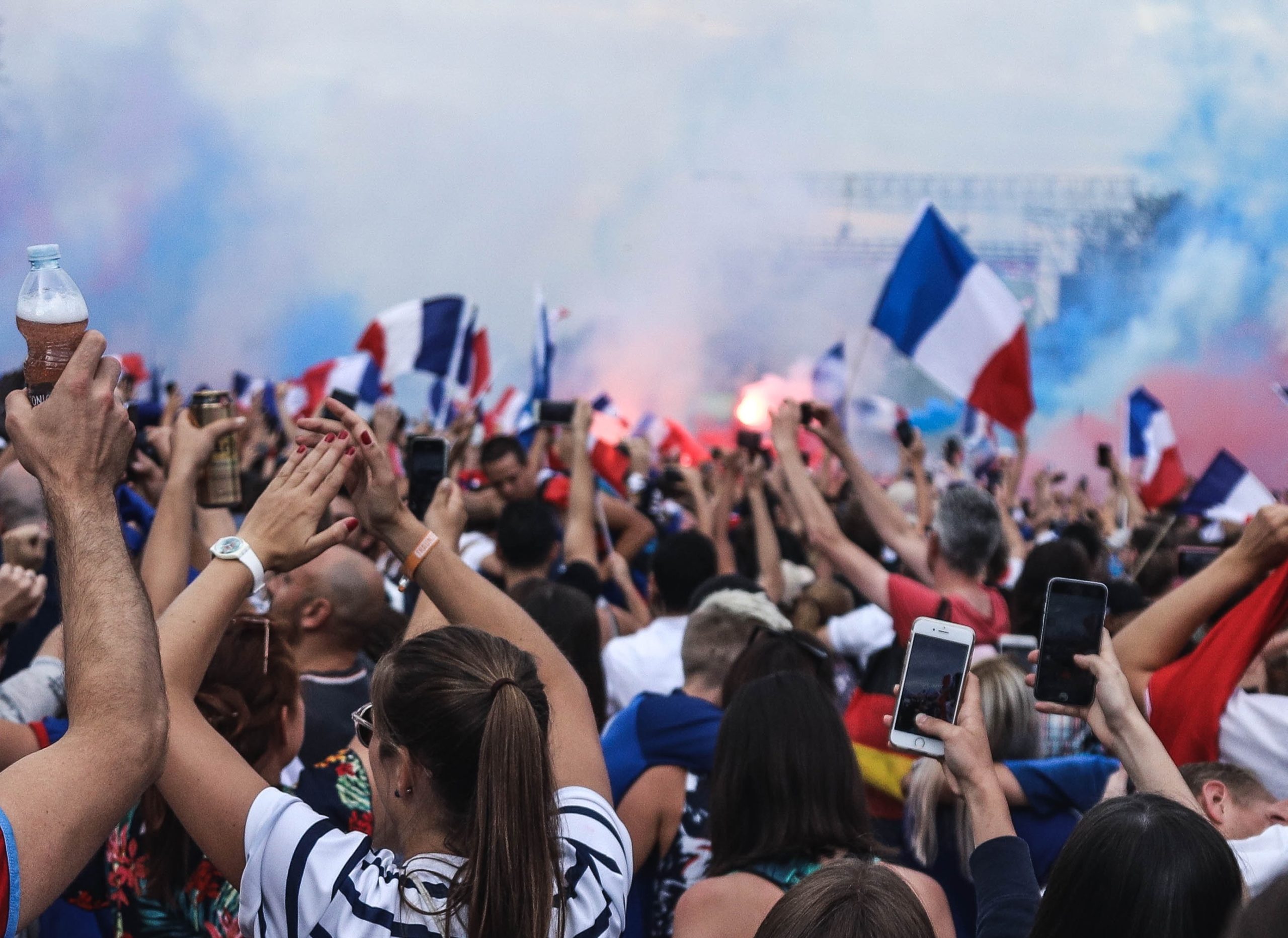
🍀PBP News #6 | Create your Personal Business Plan as an eBook
Dear friend, It’s been a while since you heard from us… Now we’re picking up on our newsletter again. Today’s newsletter is about big things and small: Your own Pe...

Luckily, I was in France, when the French team won the World Cup in soccer in July 2018. And what a party! All of a sudden everyone hugged each other. It was a perfect example of inclusion – just as the diversity of the French team. A common state of ecstasy across ethnicity, race, age, gender, and social class. And the victory was very soon translated into “We are the champions of the world!” A huge self-confidence and pride, which, however, very soon degenerated into leftist yellow vests fighting rightist yellow vests. This degeneration will not increase productivity and will certainly not ease the implementation of Macron’s reform plans.
Luckily, I was also in England a few days earlier, when the English team lost the semi-finals. What an atmosphere! The whole country was united around “It’s coming home!” This in itself is paradoxical, since the trophy hasn’t been in England since 1966. But the feeling of unity remained extremely strong and was probably also fueled by the Brexit discussions dividing the country and the government. Since then, the political discussion has degenerated into the mother of all messes.
Undoubtedly, events like these have an overarching potential to unite – around hope, around ambition, and around history. For France, it was back to Liberté, Égalité, Fraternité.
Liberté went West, Egalité went East, and Fraternité went North.
I would suggest that, during more than 200 years following the French Revolution, Egalité migrated eastward – and took root in the totalitarian regimes of Mao, Hitler, Stalin, and others who demanded sameness. Liberté crossed the Atlantic – and took root in the stubborn, arrogant, defiant self-reliance of the USA. Where did Fraternité go? It went into hiding, underground. It did, of course, emerge in heartfelt expressions of community and civility (e.g. Lech Walesa in Poland and Václav Havel in Czechoslovakia), but all too often it got drowned by shrill voices. My take on these movements is that Fraternité went north and contributed to building the Scandinavian societies and cultures.
In many countries, I observe a perceived incompatibility between people’s obligations to the community and individual freedom. As a both-and person, I consider this nonsense. You may very well BOTH enjoy the privilege of personal freedom AND live up to the obligations of belonging to a community. It seems that the Scandinavian countries have hit a fine balance in this respect. The basis for this balance is trust. Trust in yourself, trust in others, and trust in authorities. As long as you feel empowered and able to influence society, then you feel free. The French certainly don’t feel empowered. They feel that others (i.e. society, government, businesses) are out to get them. A mentality shift is needed, and the World Cup victory was a potential inflection point.
Today, 50 years after the student uprising and civil unrest in Paris and 30 years after the fall of the Berlin Wall, we need again to fight protectionism, populism, and polarization. We must work from a both-and, not an either-or perspective. We must include, not exclude. We have the freedom to choose and the responsibility to act. And there is no better time to act than when the feeling of unity is strong. When Fraternité is again at the center.
In today’s era, dominated by strong men (Putin in Russia, Xi in China, and Trump in the USA), we need to support a Movement from the Middle and to combat polarization. As an individual, you can do this by demonstrating leadership and responsibility emerging from the middle.
Archimedes said: “Give me a place to stand and a lever long enough, and I’ll move the world”. A World Cup victory changes the framing, the perspective, and the mindset. It empowers people to consider limitless opportunities – a growth mindset! In French, you would say: “Qui peut le plus, peut le moins” which freely translates into “If you can do more, you can do less” meaning “If we can win the World Cup, we can do anything!” Let’s use this new position of strength optimally.
On the individual level, this is exactly what we do at The Personal Business Plan. We have created a unique online system for personal development. 40 exercises to guide you to clarity and success in life, private as well as professional. Through this system, you design your future, you gain control and you become happier. You obtain a fantastic feeling of freedom. Previously this system was only available to top executives through exclusive face-to-face coaching sessions, but now we have made it accessible to everybody. It’s never too late to learn to think like a leader.
By Stephen Bruyant-Langer
Dear friend, It’s been a while since you heard from us… Now we’re picking up on our newsletter again. Today’s newsletter is about big things and small: Your own Pe...
Do you want to know, how it is to live in the White House? (At the end of this article, you’ll find some fun facts and private comments). Last summer, I was asked to hel...
You need to find your best coping strategy through this COVID-19 pandemic. My recommendation is to anchor yourself firmly in the future. Protecting your present while bu...
TRANSITIONS: What Is Their Impact on You? And What Types of Transition Do We All Go Through? On April 2, 2019, The Personal Business Plan hosted our second Summit M...
Dear friend, We’re on the brink of 2019. It’s time for annual reflection: What to continue, what to do differently What matters, what doesn’t (or shouldn’t) matter Basi...
Recently, Stephen had the chance to chat with John Travolta. In their conversation, John Travolta shares how he has reinvented himself several times, professionally as...
The Personal Business Plan uses cookies. By continuing to browse the site you accept our use of cookies.